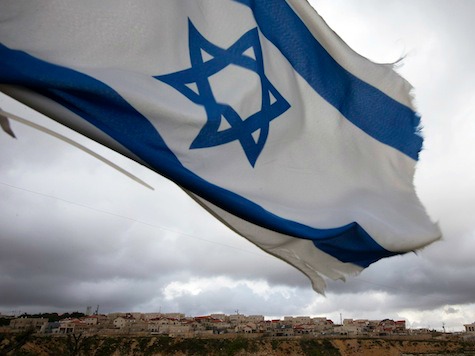As Israel begins a limited ground invasion of the Gaza Strip–with orders ” to be prepared for an expansion of the ground action”–it is winning the all-important public relations battle.
That is yet another way in which this Gaza war is different from its predecessors.
Though the left is fuming and the Obama administration is pressing for a ceasefire, Israel is entering a critical phase of the conflict with a fair amount of political self-confidence.
There are several reasons for Israel’s PR success. One is the growing effectiveness of the Israel Defense Force’s media operation, particularly its investment in new media. Another is the fact that neighboring Egypt is now controlled by a government that would like to see Israel defeat Hamas–a sentiment shared widely, if quietly, by other Arab governments. Yet another is that the radicals of ISIS have upstaged Hamas for regional attention.
It also helps, as Bret Stephens of the Wall Street Journal recently pointed out, to have an enemy as hapless as the Palestinians–though Hamas is acting more out of desperation than incompetence. It launched this conflict as a gamble–one that went very badly. Now that it is losing, it is more eager to inflict heavy civilian casualties on Israelis or contrive to put enough Palestinians in harm’s way to turn the PR tide and salvage a draw.
Fundamentally, however, what has changed is that Israel’s government seems to understand the international political environment well enough to craft each of its military responses as a reaction to a specific provocation by Hamas.
The ceasefire-strike-ceasefire pattern may be frustrating to those hawks who understand that Israel must, in the end, clear Hamas out of the Gaza Strip entirely–but it is precisely the pace that this war demands.
President Barack Obama would impose a ceasefire if he could. Yet he cannot do so when Hamas brazenly flouts a ceasefire by launching rockets, or uses a humanitarian pause as a window to attempt a large-scale commando assault. Grudgingly, he has had to accept that Israel’s responses have been justified. And the Israeli government has kept those responses within the scope of each specific Hamas attack, even if its real goals are far broader.
All of this momentum could be quickly undone, as former Israeli ambassador to the U.S. Michael Oren pointed out earlier this week. And Israelis have the weight of history against them–not only the indecisive conclusions of previous wars, but also the fact that the three-week period that began Tuesday is a religious time of mourning for past military defeats.
This time, Israel hopes to redeem that past. If the IDF is effective–and precise–it will.

COMMENTS
Please let us know if you're having issues with commenting.